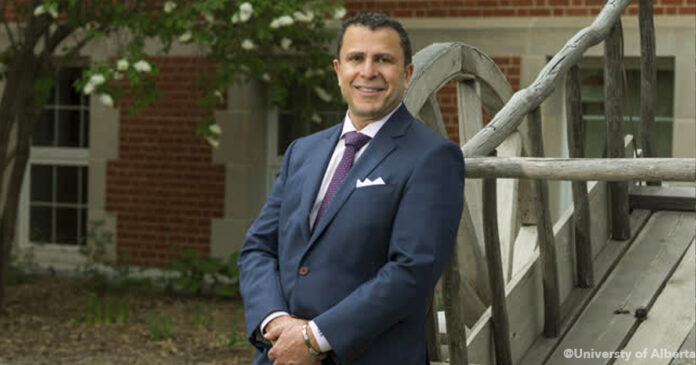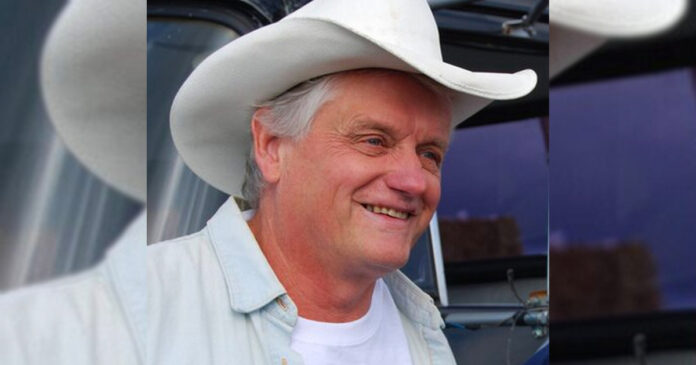The lawfulness of B.C.’s vaccine passport regime is now in a judge’s hands after a constitutional rights organization concluded its case in B.C. Supreme Court this week.
“I think that this would be the first case – if we win – with a successful challenge to the COVID regime, like a really successful judgment,” said Canadian Constitution Foundation (CCF) lawyer Christine Van Geyn in a video update from Vancouver. “So, I am really optimistic.”
The CCF launched its legal challenge last September, representing three individuals unable to obtain medical exemptions from the province’s proof-of-vaccination program. These clients include a teenage girl and a woman (who later became pregnant) who suffered injuries following their first COVID shots, as well as a woman with numerous overlapping disabilities who chose not to be vaccinated due to medical concerns.
“You’d think that it would be pretty clear-cut and simple for these three people to get medical exemptions from the vaccine passport policy in British Columbia,” said Van Geyn in an earlier update. “But it isn’t.”
“While at first the B.C. government said no medical exemptions at all would be accommodated, they did eventually cave and say ‘yes,’ they would provide us a process for obtaining medical exemptions. But in practice, they really aren’t obtainable even for these three people with really compelling stories.”
Despite the challenge’s specific focus – as opposed, for example, to a wholesale challenge of the vaccine passport system – Van Geyn explained that the CCF selected cases with a good chance of success and that “the rights at play in this case are in really sharp contrast.”
She added that the CCF was indeed opposed to the vaccine passport policy “in principle, in its entirety.”
“Also remember that the outcome – if we are successful – is that the entire regime gets struck down,” Van Geyn said. “The government will have an opportunity to re-enact the vaccine passport policy in a constitutionally compliant manner, but a victory in striking down the whole regime will make the government take serious pause in how they would proceed.”
The B.C. government went ahead with its vaccine passports on Sep. 13 under the direction of provincial health officer Dr. Bonnie Henry, with Premier John Horgan saying that “(v)accines are our ticket to putting this pandemic behind us.”
At the time, B.C. already had a vaccination rate of 75%, with Henry having stated in Jan. 2021 – eight months earlier – that a target threshold for herd immunity was around 70%.
Although B.C. lifted the passports on Apr. 8 – the last province to do so – the CCF said that its case remained relevant both because its clients deserved to be told their rights had been violated and because the province has threatened to bring back COVID measures in the fall.
“And so, it’s too late to give our clients the seven months of their lives back where they weren’t allowed to do all these things everyone else was allowed to do,” explained CCF lawyer Geoffrey Trotter.
“But what we are seeking – and what the government lawyer conceded is available – is a declaration that the government did breach our clients’ constitutional rights in the past up until April 8, and for the court to describe in its reasons for judgment that these exemption provisions were too narrow.”
Trotter said he expects a decision in the summer from Chief Justice Christopher Hinkson.
The CCF is also one of several organizations continuing to pursue legal action against the Trudeau government for its invocation of the Emergencies Act in February. The charity invites donations for that challenge here.
























